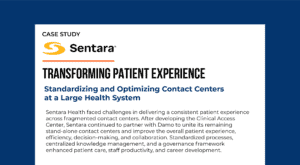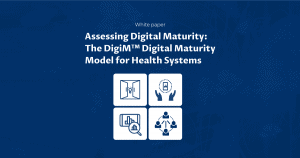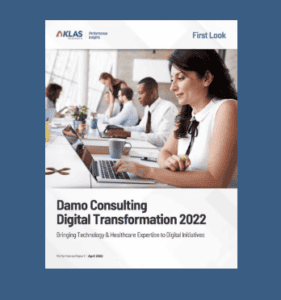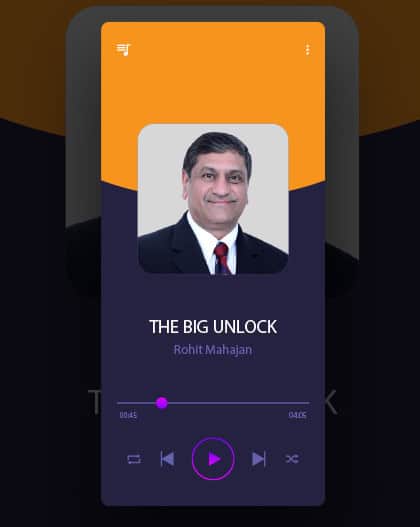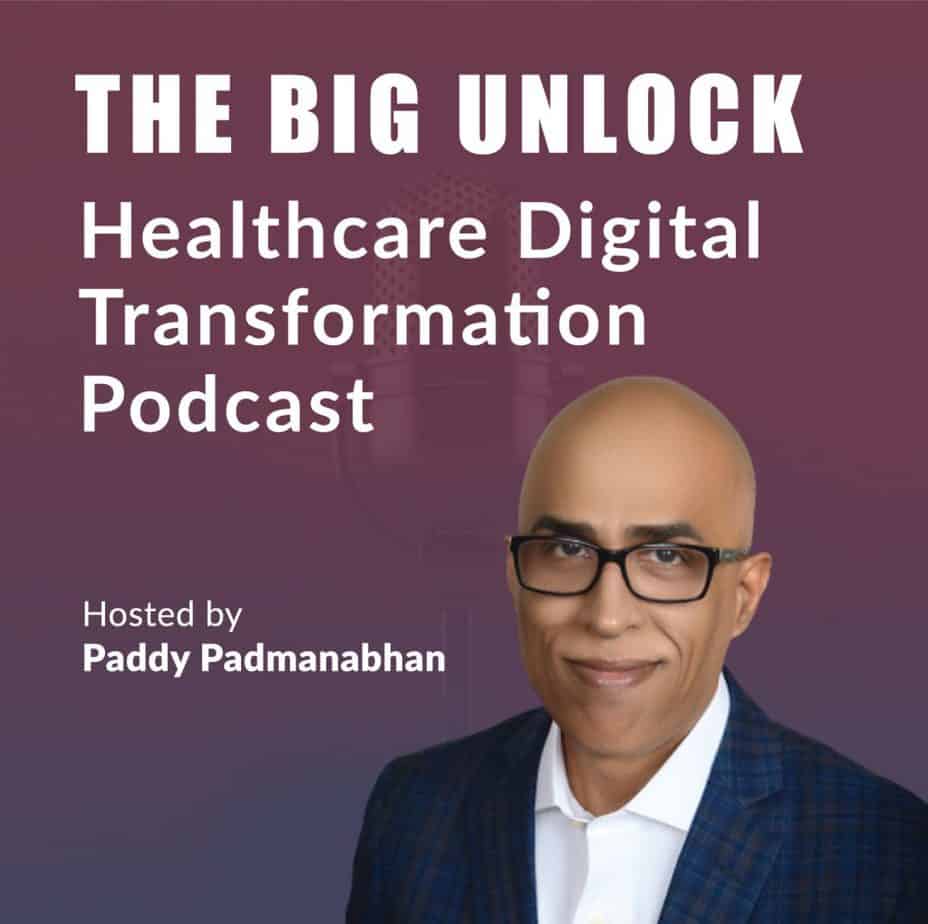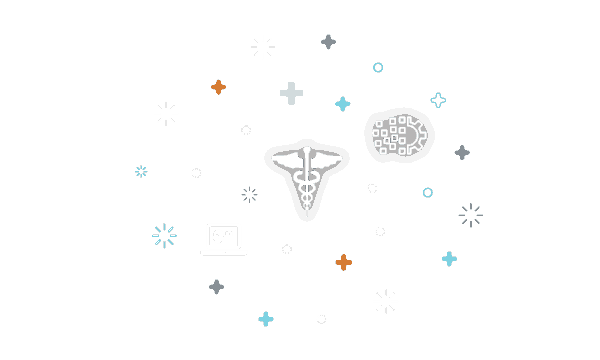Digitization Of The Patient-Physician Relationship: Has The CRM In Healthcare Matured Enough?
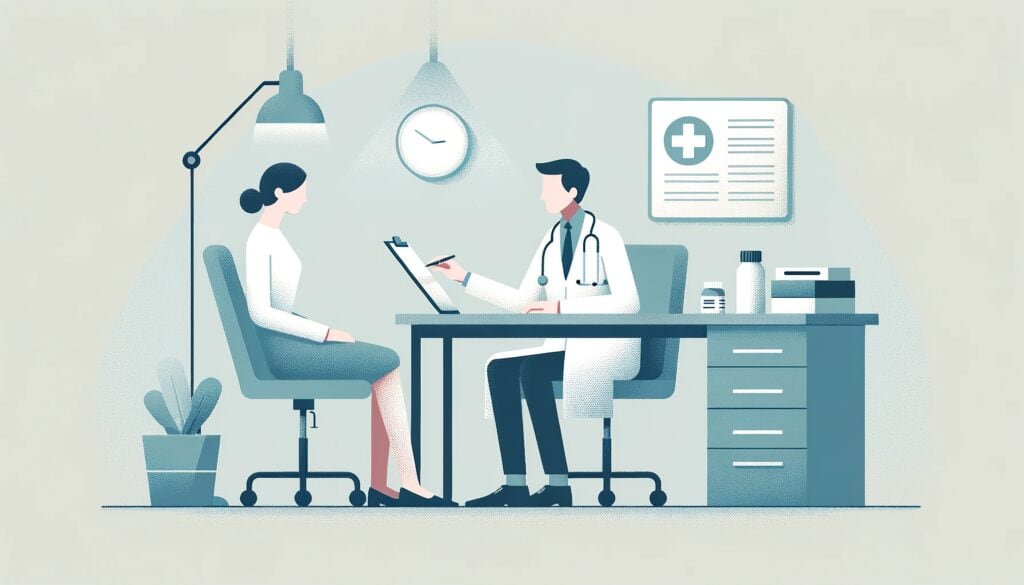
One aspect that has changed dramatically in healthcare delivery over the years is the patient-physician relationship. Until a few years ago, a patient and his family would consult their family physician for all ailments. They would work closely together for many years, and the doctor would be deeply familiar with the patient’s medical history and that of their family. The trend in medicine today has moved toward specialization due to growing medical knowledge and newer, more effective treatment modalities making it impossible for a family doctor to manage various illnesses. Patients opt to consult multiple physicians for their ailments. They are empowered with online information and social media help groups and can resort to second opinions when needed. Today the patient is taking center stage in their healthcare needs, and healthcare is more user-driven than ever.
Before becoming a patient, a user is a healthcare consumer via online and offline resources. He or she is also a member of multiple insurance plans and payors. Managing consumer expectations and engaging with them is not new in other industries. Customer (consumer) relationship management (CRM) has been widely and successfully used by marketing and sales to personalize engagement and improve consumer satisfaction. However, using CRM in healthcare context of patient-physician relationship management is a different ball game. It is not and cannot be about sales. It is about patient/consumer engagement, driving care outcomes, delivering personalized care, and being human and sensitive.
The CRM market in healthcare
Today, the healthcare industry uses CRM for managing accounts, marketing communications, healthcare campaigns, and engaging patients with personalized messages through various communication methods. However, to survive in a fiercely competitive healthcare market, it is imperative to understand the behavior of the patients and establish meaningful and long-lasting connections with them. CRM can help health systems rise above the competition and serve patients in their truest sense when customized and implemented in healthcare to suit the needs and vagaries of its end consumers.
CRM market leader – Salesforce – launched Health Cloud 2.0 in 2021 to empower businesses with healthcare and safety. The healthcare EMR market leader EPIC launched Epic Cheers as a CRM platform to compete with established market leaders in the space, like Salesforce, which only reinstates the growing importance and inevitable role of CRM for health systems.
According to our market research on the digital initiatives of the top 50 health systems, 62% have already implemented a CRM solution. However, most CRM implementations in large healthcare organizations are stand-alone applications that help send out mass mailers or schedule appointments. Most of these healthcare CRM implementations are disconnected from the EMR. The next phase of CRM implementations is seeing the integration of both systems to drive population health and patient engagement use cases.
Originally, CRM had been designed for more marketing-oriented industries, and the term ‘customer’ has a sales connotation. In healthcare, CRM must be more intuitive and subtle in engaging patients and facilitating health and wellness to change end-user prejudices about CRM. It must be linked to existing healthcare technologies that handle sensitive patient data, like Electronic Medical Records (EMR), to implement use cases related to patient engagement and population health.
Common use cases around CRM in healthcare
Healthcare CRM cannot be too intrusive, instead should very subtly help the organization to engage and assist in the patient’s treatment roadmap. It should make patients’ treatment and wellness journey more accessible and the physician’s jobs easier.
A large healthcare enterprise in Pennsylvania uses CRM to ensure patients complete all diagnostic investigations advised by their physicians and improve treatment outcomes. They are utilizing integrated platforms like SMS, IVR calling facility, patient portal, and e-mail to send out scheduled reminders to the patient of their upcoming appointment or radiology imaging to complete the order as advised by the physician. Another health system uses CRM to integrate with the payer interfaces to integrate claims data to ensure greater convenience with pre-authorizations and real-time information on claims payouts.
After a certain age, to promote wellness, individuals are advised to undergo specific procedures like mammography and colonoscopy to proactively identify any disease patterns. The patients often miss such recommended tests for various reasons, and here is where CRM comes into play. CRM for patient contact center can deliver automatic appointment reminders through all modes of communications. Once the journey has been created, with SMS, Email, and Voice communications, a trigger can be used to automate one-on-one outreach to healthcare customers across all channels. An integrated healthcare CRM with applications like an email client, a text messaging service and an integrated voice solution can send automated reminders to the patients for when their tests are due so they can go ahead with the procedures seamlessly
Healthcare CRM is instrumental in identifying the patient’s behavior and healthcare history by tapping on the available data sets. This data can be utilized in population health management. Healthcare CRM can be used to send educational content and wellness reminders to targeted patient cohorts grouped based on disease and treatment history. For example, a physician could send out the cohort of individuals with diabetes reminders regarding their diet and the importance of regular physical activities to keep them motivated and facilitate their overall health. This patient cohort could also be sent out reminders every three months to get their HbA1c levels checked to manage their condition comprehensively. Such automated, meaningful, and personalized patient (consumer) outreach can be beneficial both to the patients as it will help them make more informed decisions, and to the physicians who can expect better treatment outcomes hassle-free.
Challenges around the implementation of CRM
CRM can deliver value when integrated with the entire healthcare workflow, primarily the EMR, including administrative, registration, operational and clinical areas. It can deliver significant enterprise value through increased employee productivity, enhanced experiences for patients/members, and top-line growth. Sometimes simple reminders can go a long way to keep people on track with their treatment and wellness goals.
Integration with the EMR: A significant challenge to achieving this is integrating the CRM with the EMR, which is the primary source of truth. CRM was primarily built to market and sell potential customers’ services and products. In the healthcare context, therefore, CRM lacks most data types that the healthcare sector requires to populate patient or healthcare consumer data. Medication reminders, for example, can be accomplished by sending custom notifications to patient cohorts through a CRM application. The CRM is not built to store and comprehend medication doses, routes, and frequencies, thus becoming a challenge. Apart from this, managing multiple patient identifiers across different applications and devices is an important aspect that cannot be ignored.
Adhering to HIPAA: The confidentiality of the information cannot be compromised, and this can be addressed with appropriate encryption and security protocols. This involves having robust middleware that acts as a pipeline between the two applications to take care of the authorizations, encryptions, and overall security to monitor and manage the communications between the EMR and CRM. This integration must consider, apart from the EMR, integration with devices like Fitbit and payer platforms to get an overall 360 view of the patient.
Content Curation: The content to be sent out to the patients regarding their appointments and upcoming tests and imaging must be curated sensitively, keeping in mind the overall objective of providing the patient with comprehensive healthcare services. The messages and the voice calls cannot be straight out in a manner that is sales oriented. They must be empathetic and carefully worded to capture the healthcare emotions of the patients for them to be able to relate to the notifications sent out by the healthcare enterprise.
Stakeholder involvement: Getting the care providers on board with the entire concept of CRM, even if challenging, is necessary for any CRM program to succeed. For large organizations, a CRM can fill the gap to rebuild human interactions and increase visibility in the market.
If appropriately used, customer relations management in the healthcare industry has the power to transform the system completely. Through relationship management, health CRM increases patient satisfaction and helps healthcare organizations create informed plans for patient acquisition. Patient and provider communication is made simple and effective by health CRM, which also offers automated ways to ensure information flow that is both efficient and accountable. Perhaps the CRM application should be called “Care Relationship Management” for use in the healthcare industry instead of “Customer Relationship Management.”
Want to know more about how Damo can help you with your CRM strategy or implementation? Write to us.

